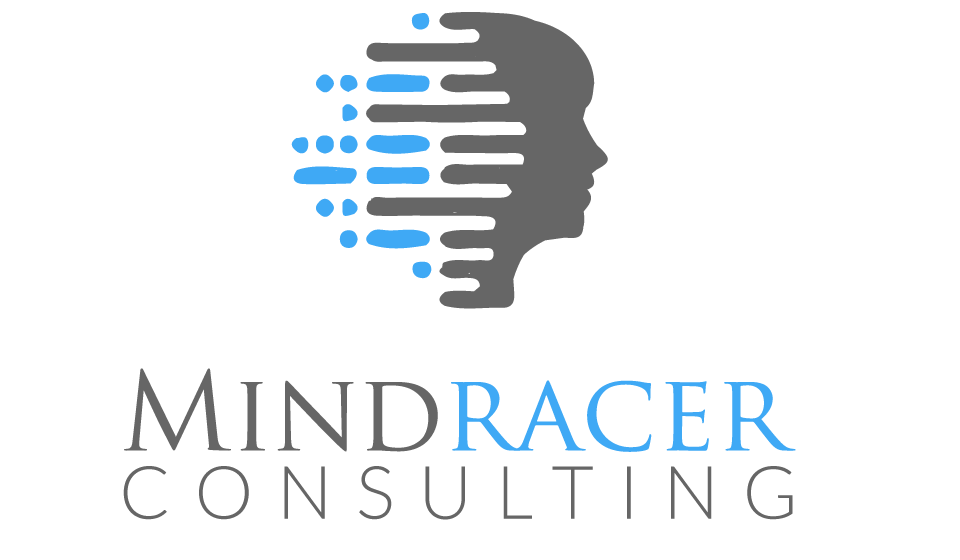A Founder's Guide to Hiring Your First Salesperson
As a Founder, hiring your first salesperson is a big step. Hiring a salesperson means giving up some control over revenue generation. They have to take over the founder’s hustle, adding potential clients into the sales pipeline and convert them into customers.
Founder, whether this is your first or third company, never take this step lightly. You need to be sure that you’ve done this at the right time and hired the right person. The last thing you want is to hire someone who can sell themselves at the interview, then fail at selling your product or service.
The future growth of revenue and profits, the money that pays the bills and keeps the lights on will, in time, depend on the sales this employee generates and deals they close.
Knowing when to hire your first salesperson is a fine balance between burning too much cash and missing opportunity by moving too slow. Money, of course, factors into this decision making. You need to have enough room in the budget and ideally, in the bank, for a salary and other related costs. However, that is far from the only issue to take into consideration.
First, you need to know whether you are ready for a salesperson. Ask yourself the following three questions:
1. Can I teach my sales process to the new hire?
You must ask yourself: "Do I have a process at all?” Many founders hiring their first sales person have only closed deals with people who they know in their personal network or closed an inbound lead by drawing on their product knowledge, enthusiasm, and founder status.
TIP: Often, technical or creative founders see sales as a necessary but undesirable task, and want to simply delegate it to a specialist. If this is you, you're going to need a salesperson who knows they are coming in to create a process that works for your product and has the experience to do so. This is not an area where letting someone learn how to create a process as they go is desirable for a non-sales founder.
If you're an experienced salesperson who’s become a founder and can teach your process, you have more flexibility to hire less experience and nurture them yourself.
2. Do I know how I’ll compensate a salesperson?
The lifetime value (LTV) of a customer must be enough to cover the expense of adding a salesperson, their commission and still make a worthwhile profit for the company. Hiring an experienced salesperson means creating a compensation package that will be attractive to them, as well as affordable to your business.
Tip: Remember to consider ramp-up time, you're going to need to invest time and budget while your new hire learns your business. That means allowing a lot more time than you might think before the first sales can be expected. Most established businesses allow three months minimum before expecting on target performance.
3. Can I support and coach a salesperson on my consultative selling process?
Established companies have the benefit of an existing process, training materials, and experienced teammates around them to help, when you onboard your first sales hire, this is you, the founder.
TIP: The more you can show and teach a salesperson about your product, share the reasons prospects do and do not buy, and identify the personas and industries you sell to, the faster they will become effective. Once ramped, regular coaching and mentoring maximize results.
If you can answer yes to all three questions, you’re ready to hire a salesperson. If you answered NO to any of these, or just want some help, contact us.

